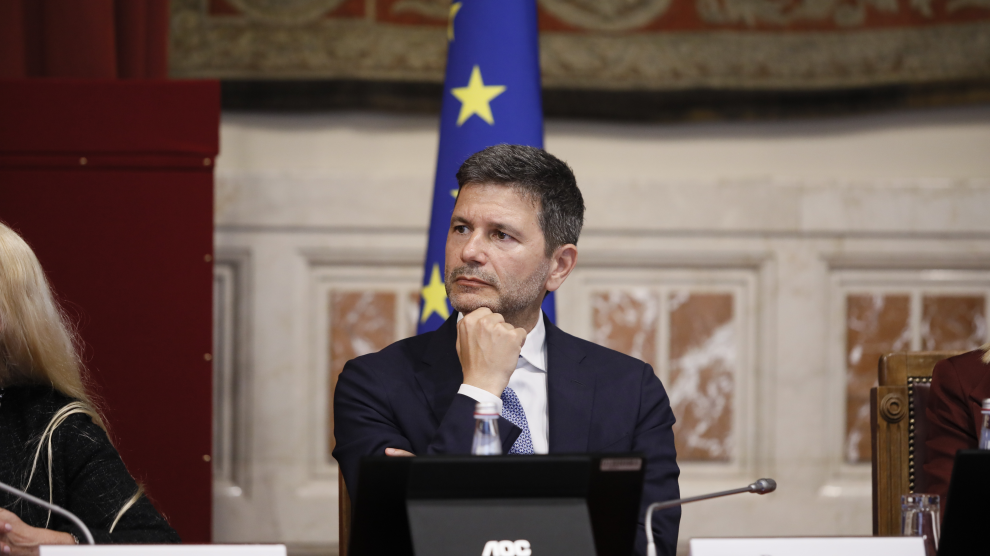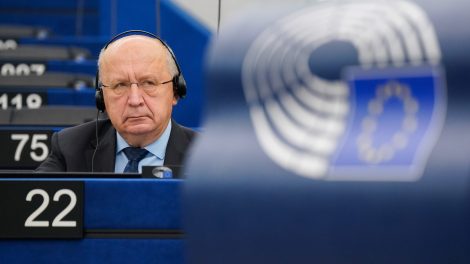The Lectio Magistralis by Ambassador Pasquale Salzano marks 200 years since the 1825 Treaty of Friendship and Commerce, signed between the Kingdom of Sardinia and the Sultanate of Morocco — one of the first between a European and an Arab-Muslim power.
Decoding the news: Ambassadors Salzano highlights Italy’s ambition to make the Mediterranean a bridge, not a border, amid renewed focus on the Mattei Plan for Africa.
- Morocco, under King Mohammed VI, is seen by Rome as a key partner in balancing tradition, development, and regional stability.
Key takeaways:
- Historic roots: Italy and Morocco’s relationship predates formal diplomacy — medieval merchants, scholars, and sailors linked their shores through trade, science, and culture.
- Diplomacy of trust: The 1825 treaty was “not born out of power interests, but out of a choice of trust,” Salzano said.
- Fès as symbol: The city stands as a “living memory of the Kingdom and of Mediterranean thought.” It hosted Italy’s first diplomatic mission to an Arab country in 1875.
- Beyond protocol: True diplomacy, Salzano said, “is measured not by protocol, but by the ability to listen, understand, and share.”
- People-to-people ties: Over two centuries, generations of teachers, architects, entrepreneurs, and students have built a quiet, steady dialogue “made more of gestures than words.”
- Mattei Plan link: The initiative embodies a new model of cooperation — based on shared development, not dependency.
- Looking ahead: Both countries see the Mediterranean as a “laboratory of the future”, where energy, technology, migration, and culture intersect.
In Salzano’s words. “The Mattei Plan is not just an initiative, but a method: to build together, respecting each partner’s priorities and aspirations.”, sayd the Italian Ambassador to Morocco, during his Lectio Magistralis.
- “The Mediterranean is not only a place — it is a system of values, an ethical dimension.”
- “The highest measure of civilization is the ability to listen without fear and to build without prejudice.”
- King Mohammed VI’s vision, Salzano noted, has allowed Morocco to merge its African roots, Mediterranean openness, and Atlantic vocation — values Italy shares as it redefines its Mediterranean strategy.
- The Mediterranean, he said, must become a “space of co-responsibility and mutual trust.”
- Youth, education, and cultural exchange are key to this vision: “Knowledge is the first form of cooperation among peoples — the starting point of any true diplomacy.”
The big picture. The commemoration in Fès is more than a diplomatic ceremony. It reflects Italy’s renewed push to anchor its foreign policy in the Mediterranean, leveraging historical ties, shared cultural capital, and development-oriented cooperation with North Africa.
- Two hundred years after the first treaty, Rome and Rabat are betting that their dialogue can inspire a more balanced and solidaristic Mediterranean — where diplomacy is not just politics, but a culture of peace.





